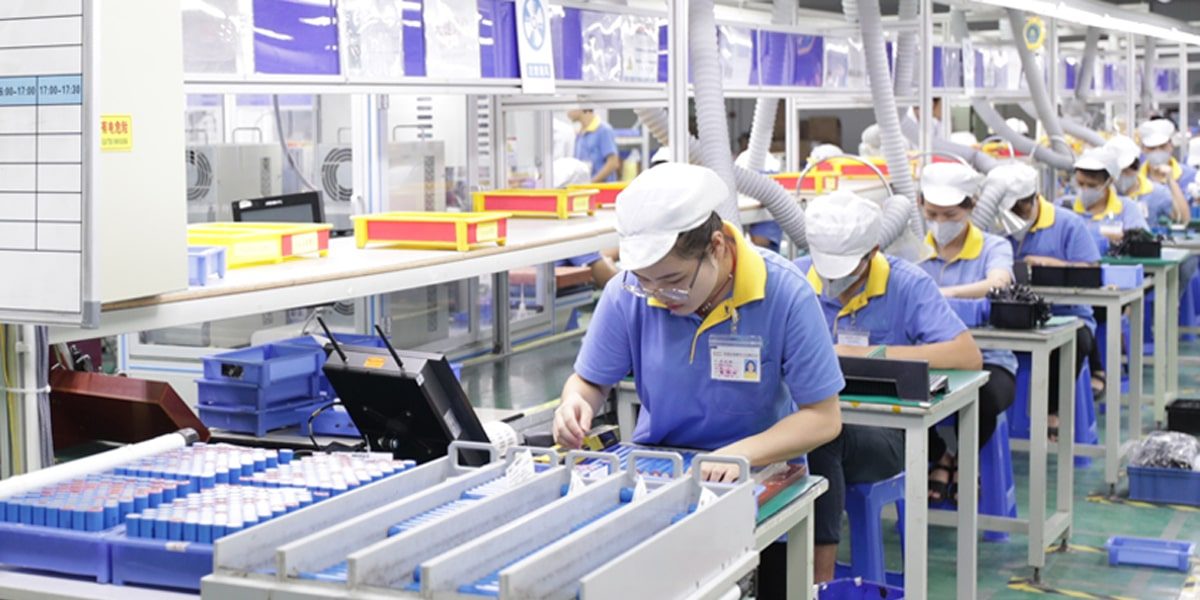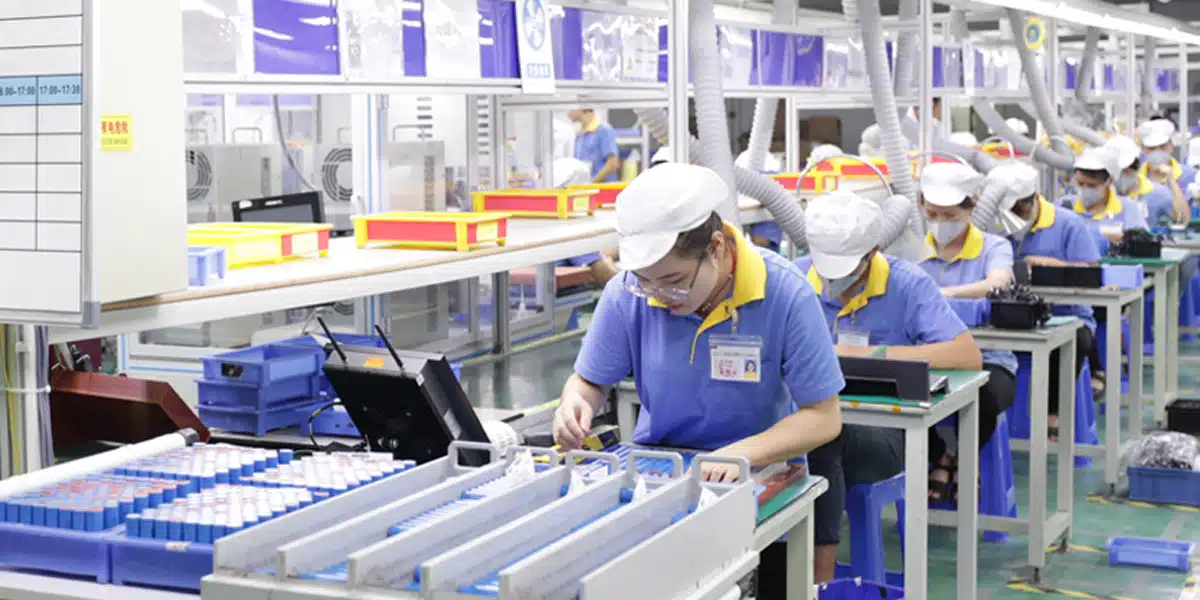A crop of professionals and manufacturing workers are leading China to dominate the batteries industry for years to come. Within the country’s interior towns, thousands of engineers and chemists are shaping the rechargeable batteries technology, in the same vein as Silicon Valley churned out engineers and entrepreneurs who shaped the future of microchips.
Graduates from Central South University in Changsha City are making the technology possible. Meanwhile, across the river Xiang, huge factories transform minerals and highly processed compounds into lithium rechargeable batteries.
Lithium powers cellular phones and most of today’s consumer electronics. It is also revolutionizing the car industry with lithium-power electric vehicle batteries and powering solar panels and wind turbines as the whole world struggles to go green. In all these industries, China leads the refining and production process.
However, it is not only lithium that China has an eye on since it has come up with a more inexpensive and abundant material to replace it: sodium. As one of the most abundant minerals on earth, sodium is priced at only 1% to 3% of lithium, and both chemicals have similar characteristics. Recent findings show that sodium batteries are capable of being recharged for years, and their energy capacity can be much improved. Furthermore, sodium batteries have one crucial advantage: they keep their charge even when the temperature drops below freezing, which lithium batteries cannot.
Changsha’s new generation of engineers and technologists are working on sodium battery technology in collaboration with German company BASF, the biggest chemical maker in the world. A factory to process sodium chemicals is already under way not far from the laboratories.
China is the first to commercialize sodium battery technology, even if the US pioneered it. Of the 20 sodium battery factories existing or planned globally, 16 are located in China.







